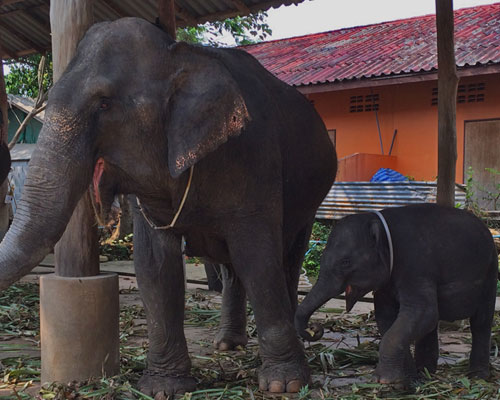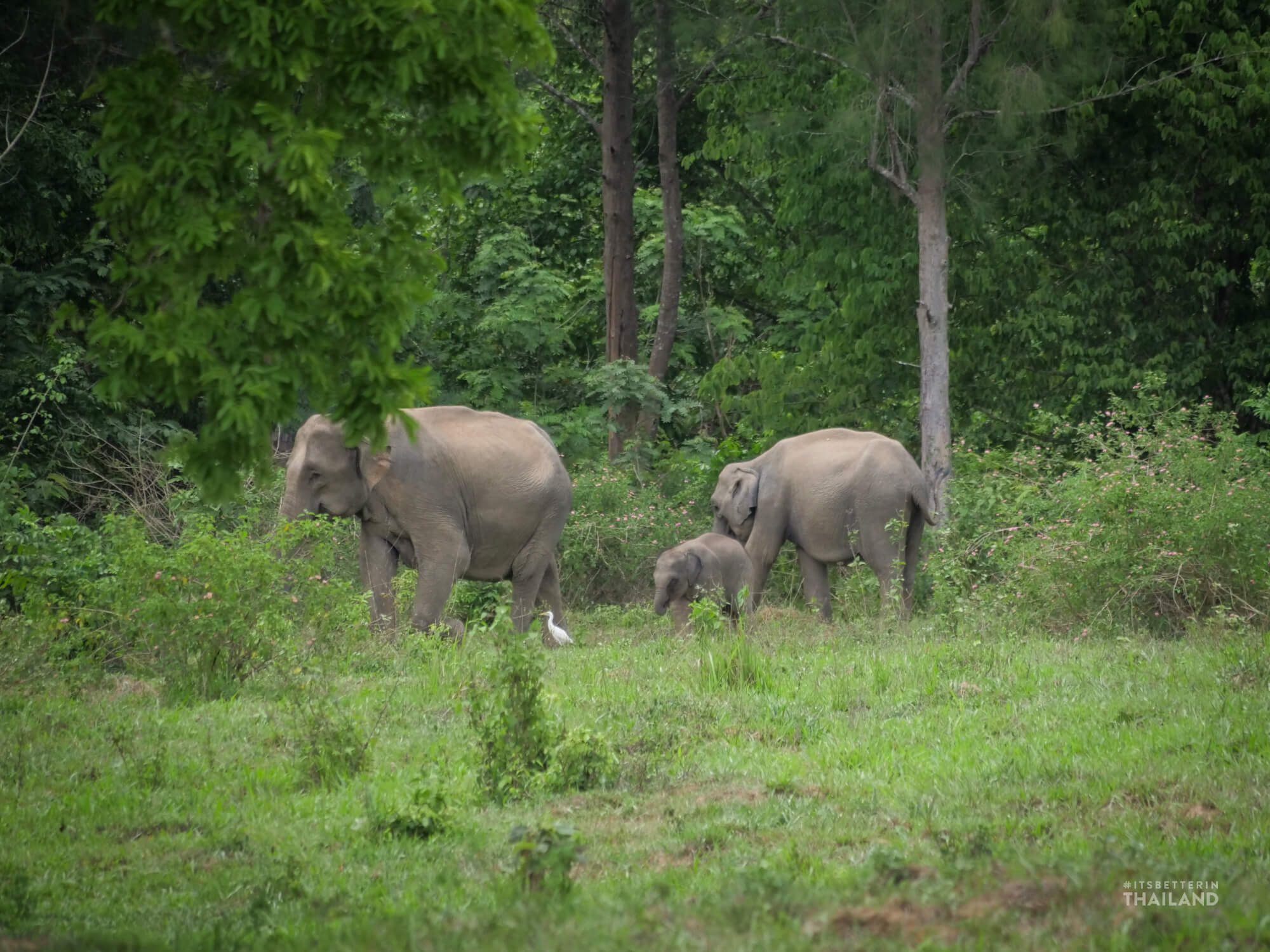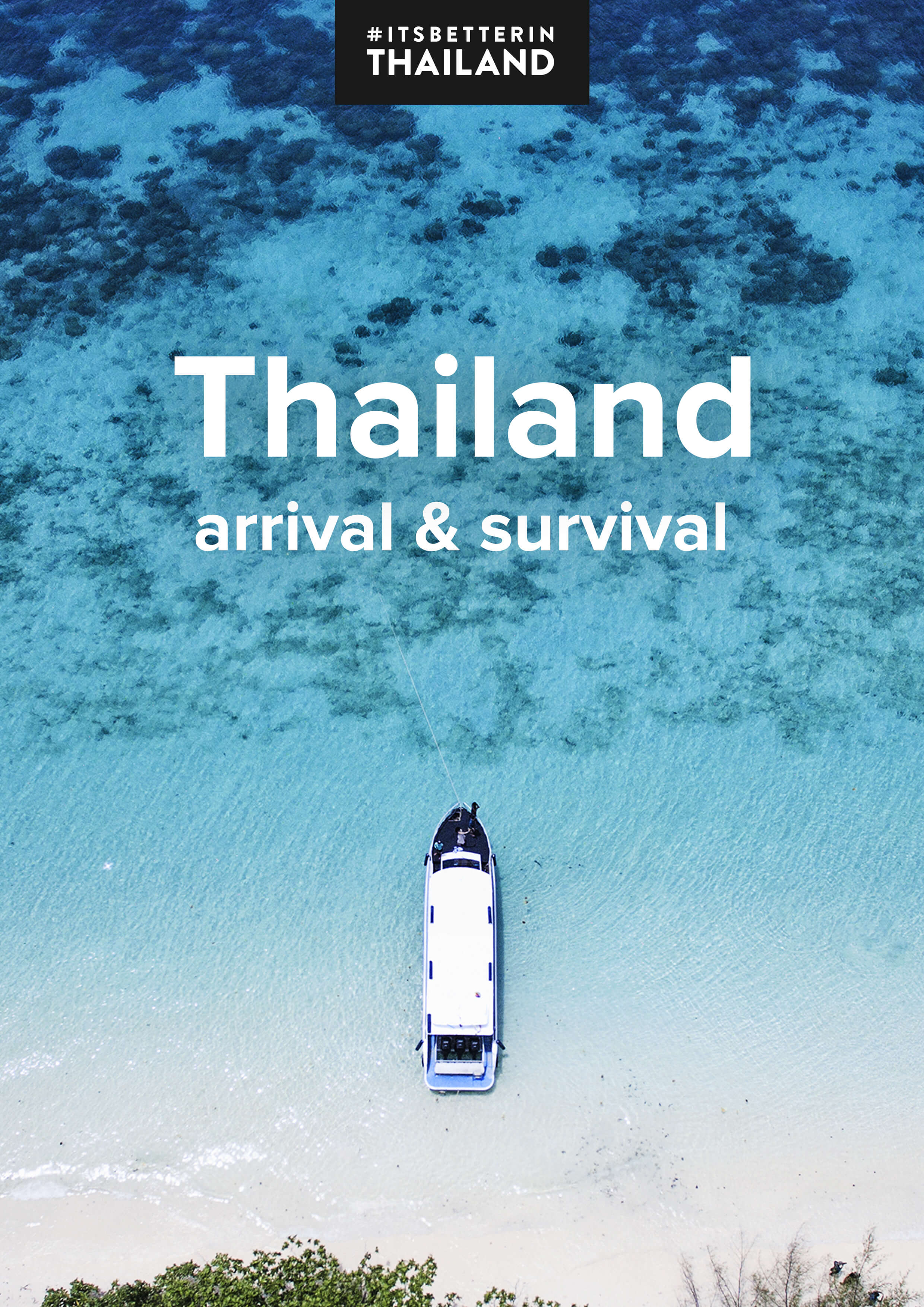Welcome to Thailand, please keep off the elephants

Most travelers don't realize their decision to ride an elephant supports the torture of these wonderful creatures
Elephants are one of the first things that come to mind for most people when they think of travel in Thailand. These incredible creatures radiate warmth and intelligence, so it’s no wonder travelers want an up close experience with them. The sad truth, however, is that elephant tourism is built on a system of unbelievable cruelty to the animals. If you ride an elephant in Thailand, or if you pay to feed them outside one of the few genuine elephant sanctuaries, you are supporting the torture and exploitation of these amazing animals.
This post will contain some graphic descriptions of the abuse of elephants. If you don’t want to read this, or if you just want to find out how to interact with elephants in a responsible way in Thailand, click here to scroll to that section below.
The brutal process of breaking a wild elephant
The popularity of elephants with tourists in Thailand makes them a very lucrative business. Young calves are adorable and a favorite of camera-toting tourists and can thus fetch over US $30,000 on the black market, placing them in the cross hairs of poachers in Thailand and its neighboring countries, especially Myanmar. These criminals use domesticated elephants to lure wild ones into pit traps. An adult elephant will stop at nothing to protect its young, so they are gunned down on the spot. Witnessing the murder of their family is only the start of the trauma for a baby elephant kidnapped from the wild.
Elephants are powerful wild animals, and domesticating them requires a brutal process of breaking them. Elephants are very social and it is essential for them to have contact with their family, especially when they are young. Just being taken away from other elephants would be bad enough on its own, but it gets much worse. Phajaan – the process of crushing an elephant’s spirit sounds more like a torture report than animal training. The calf is confined in a cage or pen that leaves no room to move. They are starved of food and water, sleep deprived, beaten with clubs, jabbed with spears and bullhooks, and kept in chains. This lasts for days, until finally something snaps inside and the calf is broken – physically, mentally and emotionally.
From there, the elephant will spend the rest of its life posing for pictures, carrying tourists on its back, but mostly just standing around in chains. Most of the elephant camps in Thailand keep the animals chained by the ankle, often with just four inches or so of slack. Despite their thick skin, the chains often rub them raw and can cause horrible infections. Captive elephants display erratic behavior – mostly they just stand and sway, back and forth, all day long. Seeing it brings to mind extreme autism. Elephants possess a wide array of human-like emotion, and they can suffer from post-traumatic stress disorder in the same way people do.
Elephants are the world’s largest land mammals and they are extremely strong. Their backs however are not designed to carry heavy loads. Walking with the weight of their handler, the steel framed seat, plus a family of fat tourists, over rough rocky terrain, day in and day out for years on end is terrible for an elephant’s spine and is simply inhumane. To add to this, their submission must be constantly reinforced and you’ll see most handlers using the bullhook to do this. While some may be crueler than others, and some of the handlers may even have a close and loving relationship with their animal, this is abuse any way you look at it, and it’s all done in the pursuit of profit.
Beware of fraudulent “conservation centers”
There is no regulation about what the elephant camps can call themselves, and terms like “sustainable”, “rehabilitation center”, “conservation”, and “sanctuary” are thrown around all the time, even by places where the elephants stand around chained on a concrete floor all day. There are a few genuine non-profits that do great work, but you’ll have to do your research to find them. The general rule is that if you can ride the elephant at a specific place, it should be avoided. If there is a profit motive, then no matter how well they treat the animals at that place, your money is still creating the demand, and as long as that exists, the market will provide the supply, even at the barrel of a gun and the tip of a bullhook.
Thai law offers virtually no protections for non-wild elephants, and the system of registering them is so full of holes that passing off kidnapped and trafficked wild animals as domestically bred ones is far too easy. Even when people are caught breaking the few laws that exist, they usually get off with little or no punishment, making animal abuse for profit an extremely lucrative yet low-risk racket.
Where to interact with elephants in a sustainable and ethical way
The good news is that there are ways to see, play with, and help these amazing creatures while you’re in Thailand. At an actual elephant sanctuary, you can help care for elephants, including feeding and bathing them. Getting up close and personal with an elephant is an unforgettable experience when the animal is happy and well cared for. The Elephant Nature Park is the best sanctuary in Thailand. ENP is run by the Save Elephant Foundation which does great work in and around Thailand, not just for elephant welfare, but also combating deforestation and educating the people who share habitat with Asia’s remaining wild elephants on how to ensure a future for these special animals.

If you want to see these amazing creatures in the wild, check out our guide to Kuiburi National Park, the best place in Thailand to see wild elephants
Elephants are incredible animals. It can feel like your Thailand trip isn’t complete without that picture of you atop an elephant shared on Facebook. Please resist this temptation, as doing this supports the torture and abuse of these gentle and highly intelligent animals, and imperils their survival. Your grandchildren will thank you when they too can live in a world that still has wild elephants in it.





